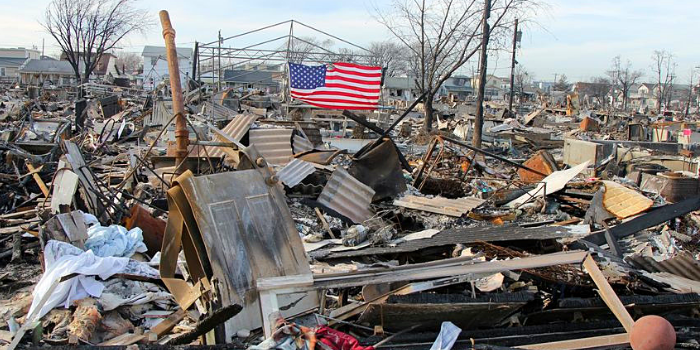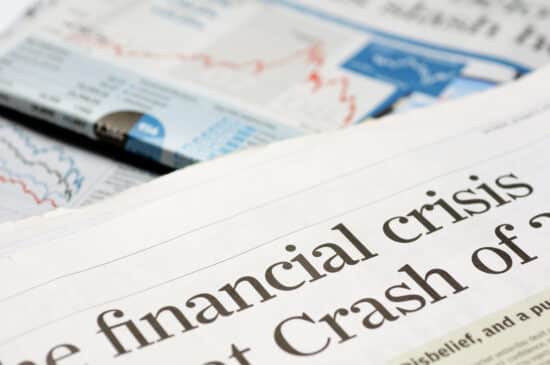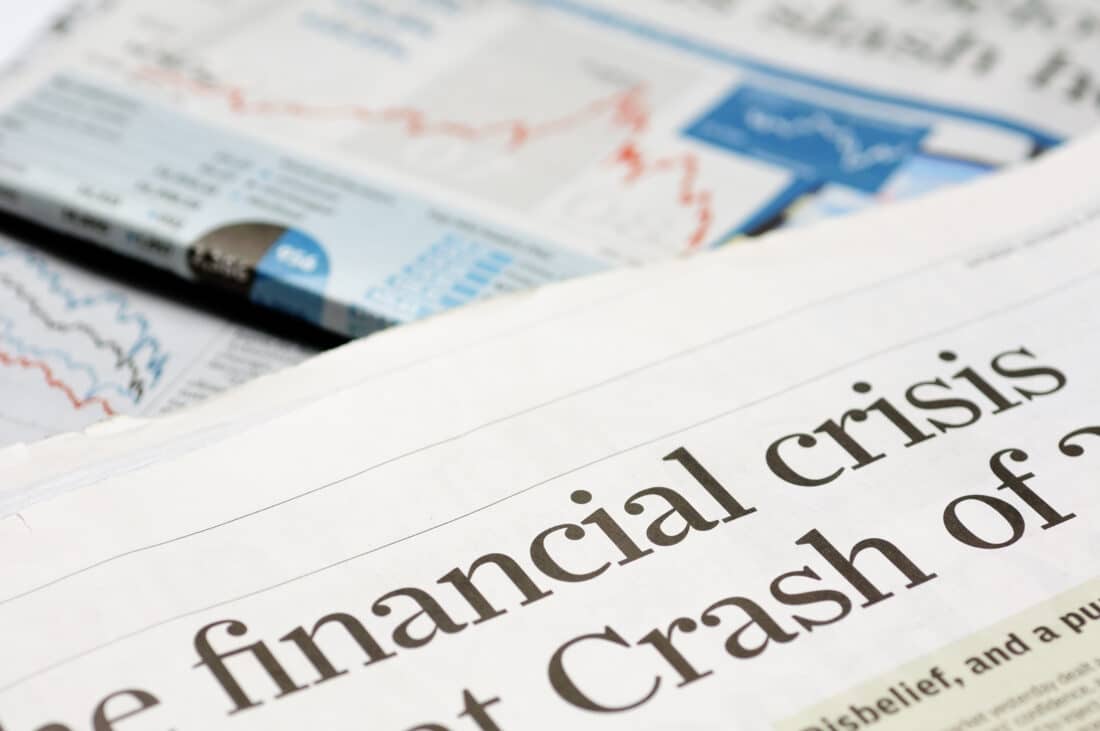
Hurricane Michael: People Take Action While Govt Stumbles
Miles of the Florida coast had been obliterated during Hurricane Michael’s onslaught. With no food, no shelter, and no FEMA relief in sight, residents were left on their own to fend for themselves.
Demonstrating that civil action, particularly by those who were directly impacted by the disaster, is often far more effective than the centralized planners whose jobs are to “manage” the situation from a comfortable distance, fending for themselves is exactly what residents did.
Government-led disaster recovery was slightly reminiscent of Puerto Rico during Hurricane Irma, but with a critical difference. Puerto Rican residents were facing the near-impossible situation of establishing a “cash” market in a society that virtually had no cash, thanks to their government policies. Although it wouldn’t be right to compare the two very different hurricanes and outcomes, one common thread was the government’s limited capacity to provide relief when and where needed.
With a death toll currently at 29, Hurricane Michael’s destruction turned Mexico Beach into a desolate and unrecognizable mass of debris. Almost nothing was left standing, as most homes, businesses, and schools had been toppled and destroyed.
Nearly a week after the hurricane made landfall, knocking out electricity and depriving residents of safe water supply, emergency disaster relief was still nowhere to be seen, a predicament on the part of government that left many Florida residents increasingly frustrated and desperate.
- Residents who were able to reach FEMA by phone were instructed to call 211 (Heart of Florida United Way) or Red Cross.
- No governmental emergency response units were present; local police occasionally came by but only to tell residents to leave as there was nothing they could do,
Citizens Step Up to Compensate for Government’s Limited Capacity
As damage to cellular infrastructure made it nearly impossible to transmit information and organize relief via internet, network and radio stations stepped in to supply a steady stream of information.
Callers were able to request medicine, water, and other basic supplies as soon as reliable communication had been established on the airwaves. This also made it possible for volunteer efforts to be guided toward local areas too small to be considered “priority” by government-led efforts.
Several organizations including businesses and religious institutions teamed up to help organize direct relief actions, providing basic necessities from water trucks to tarps. Pop-up soup kitchens began to emerge with the cooperation of local restaurants, bars, and other groups with access to food supplies.
And although civil actions of a negative kind also began to emerge, namely mass looting, many citizens banded together to protect themselves, their property and neighborhoods at a time when local law enforcement had their hands full with other priorities.
Limitations of Centralized Planning
To be fair, we can praise the voluntary cooperative efforts of local citizens without downplaying or over-criticizing government relief efforts. But there is something to be said about the speed and immediacy of action initiated by people who have something at stake versus the bureaucratic planners who attempt to manage crises from a distance and position of relative comfort. Government planning has its limitations; in some cases, those limitations can be quite severe, as Hurricane Michael has shown.
Despite Hurricane Michael’s destruction--the extent of which had never before been experienced by residents of the Florida panhandle--the disaster had not broken the spirit of the community most directly affected by it.
As this disaster has shown us, centralized planning does not scale downward to particulars. And it is in these particulars--the discrete areas that make up our lives--where the personal, the human, the very building blocks of community intersect.
Over-reliance on the government to plan and manage our day-to-day lives reduces this human aspect to a level of the automaton. And as ridiculous as this may sound, aren’t most Americans already accepting of this relation, particularly in the monetary domain? And what if disaster strikes there too, similar to what had just happened in the Florida panhandle?
The financial market is crumbling and EVERYONE will be affected. Only those who know what's going on and PREPARE will survive... dare we say thrive. Our 7 Simple Action Items to Protect Your Bank Account will give you the tools you need to make informed decisions to protect yourself and the ones you love.











